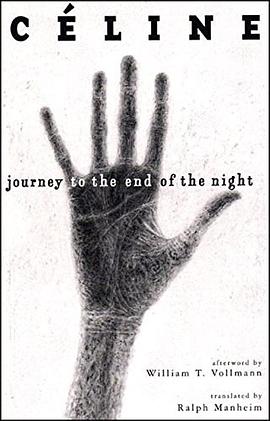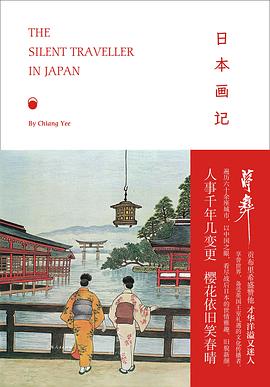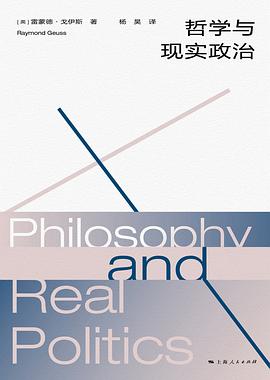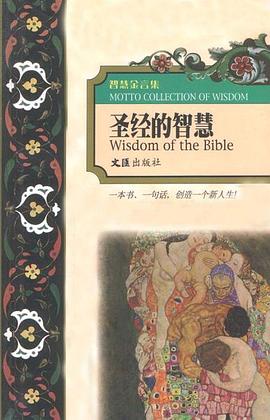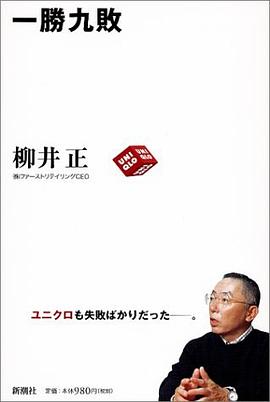Journey to the End of the Night
内容简介
The dark side of "On the Road" instead of seeking kicks, the French narrator travels the globe to find an ever deeper disgust for life.Louis-Ferdinand Celine's revulsion and anger at what he considered the idiocy and hypocrisy of society explodes from nearly every page of this novel. Filled with slang and obscenities and written in raw, colloquial language, "Journey to the End of the Night" is a literary symphony of violence, cruelty and obscene nihilism. This book shocked most critics when it was first published in France in 1932, but quickly became a success with the reading public in Europe, and later in America where it was first published by New Directions in 1952. The story of the improbable yet convincingly described travels of the petit-bourgeois (and largely autobiographical) antihero, Bardamu, from the trenches of World War I, to the African jungle, to New York and Detroit, and finally to life as a failed doctor in Paris, takes the readers by the scruff and hurtles them toward the novel's inevitable, sad conclusion.
......(更多)
作者简介
Louis-Ferdinand Celine, pen name of Dr. Louis-Ferdinand Destouches, is best known for his works Voyage au bout de la nuit (Journey to the End of the Night), and Mort à crédit (Death on the Installment Plan). His highly innovative writing style using Parisian vernacular, vulgarities, and intentionally peppering ellipses throughout the text was used to evoke the cadence of speech.
Louis-Ferdinand Destouches was raised in Paris, in a flat over the shopping arcade where his mother had a lace store. His parents were poor (father a clerk, mother a seamstress). After an education that included stints in Germany and England, her performed a variety of dead-end jobs before he enlisted in the French cavalry in 1912 two years before the outbreak of the First World War in 1914. While serving on the Western Front he was wounded in the head and suffered serious injuries – a crippled arm and headaches that plagued him all his life – but also winning a medal of honour. Released from military service, he studied medicine and emigrated to the USA where he worked as a staff doctor at the newly build Ford plant in Detroit before returning to France and establishing a medical practice among the Parisian poor. Their experiences are featured prominently in his fiction.
Although he is often cited as one of the most influential and greatest writers of the twentieth century, he is certainly a controversial figure. After embracing fascism, he published three antisemitic pamphlets, and vacillated between support and denunciation of Hitler. He fled to Germany and Denmark in 1945 where he was imprisoned for a year and declared a national disgrace. He then received amnesty and returned to Paris in 1951.
Kurt Vonnegut, Jr., Henry Miller, William Burroughs, and Charles Bukowski have all cited him as an important influence.
......(更多)
目录
......(更多)
读书文摘
因此人总是完不成使命就归天的,年轻时轻率如蝴蝶,年老时无用如蠕虫。
......(更多)
